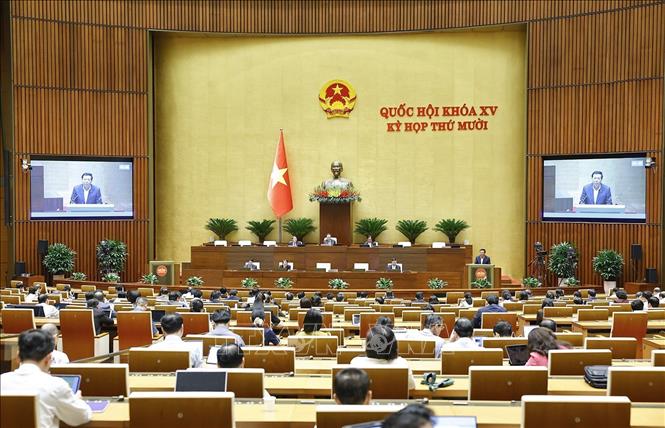
Minister of Construction Tran Hong Minh explains and clarifies a number of issues raised by National Assembly deputies. Photo: Doan Tan/VNA
According to delegate Ha Sy Dong ( Quang Tri ), regarding the scope of regulation and interpretation of terms stipulated in Article 1 and Article 2, the draft has a wide scope of regulation, covering many contents. The delegate proposed to clarify the scope of regulation for low-altitude air transport vehicles UAV (abbreviation of Unmanned Aerial Vehicle - roughly translated as unmanned flying devices), assigning full responsibility to the Government to regulate to ensure transparency, consistency and create a clear legal corridor for innovative businesses.
Also interested in this content, delegate Nguyen Hoang Bao Tran (Ho Chi Minh City) stated the reality: Traffic congestion during rush hours is always a painful problem in urban management and operation, causing significant impacts on economic development, urban environment and people's quality of life. According to the delegate, modern cities in the world have begun to move part of logistics activities into the air using UAV systems.
The delegate said that if there is a legal corridor soon, the application of UAVs in urban areas of Vietnam can completely help reduce traffic, serve small deliveries, reduce traffic jams, reduce emissions, increase the speed of goods delivery, especially in e-commerce, urban logistics... "In a city of more than 10 million people, moving a package 2 km sometimes takes 45 minutes, but when using a low-altitude aircraft, the job is completed in 5 minutes. I think this is not just a story of the distant future but a very practical direction that the law should pave the way for...", delegate Bao Tran emphasized.
In the trend of rapid and strong development of science and technology, according to delegate Nguyen Hoang Bao Tran, "whether we like it or not, the application of UAVs in social life activities will be inevitable". Therefore, it is necessary to have a certain legal corridor to gradually shape the activities of UAVs in a controlled manner.
“If we do it right and with control, UAVs will really contribute to solving the difficult problems of traffic jams and environmental pollution in modern cities, and will be an extension of smart cities,” the delegate emphasized.
To overcome the legal gap, delegate Nguyen Hoang Bao Tran proposed that the Drafting Committee consider adding a new article on the management of drone operations to the draft law, specifically stipulating: Drones operating in urban residential areas or important areas must be registered with electronic identification and have their operating area declared.
The licensing, monitoring and management of UAVs and UAS (short for Unmanned Aerial System) are carried out under a coordination mechanism between the Ministry of Construction, the Ministry of National Defense and the Ministry of Public Security. The Government specifically regulates no-fly zones, flight corridors, maximum altitudes, incident handling plans and mechanisms for neutralizing violating UAVs. At the same time, it encourages research and development of domestic technology to serve UAV management, including low-altitude radar, digital maps and electronic identification systems.
“We really need an open vision that ensures both strict management and creates space for testing... If we delay in perfecting the legal framework, Vietnam may miss a great opportunity in the global technology transformation race. Therefore, I suggest that the Drafting Committee study and add regulations on unmanned aerial vehicles to the draft Law on Civil Aviation of Vietnam (amended) so that our law is both modern, integrated, safe, strict and feasible in practice,” the delegate proposed.
Contributing his opinion at the discussion session, delegate Ngo Trung Thanh (Dak Lak) affirmed: Low-altitude aviation economy is one of the world's strategic directions in the post-industrial era. Citing examples of current low-altitude aviation applications in countries, delegate Ngo Trung Thanh said that low-altitude aviation is no longer just a technical story but has become a truly important component of the modern economy.
According to the delegate, with the strong development trend of low-altitude aviation in the world, this is also a great opportunity for Vietnam. Our country has a long and diverse terrain - from plains, mountains to islands; a large population, high demand for transportation, tourism, and agriculture. Thus, the demand for drones is increasing rapidly. Vietnam has a young, creative workforce and domestic UAV technology is also developing very rapidly.
Completely agreeing with the opinions of the delegates mentioned earlier, delegate Ngo Trung Thanh emphasized that if we seize the opportunity and go one step ahead, we can catch the wave of low-altitude flight technology, making effective and practical contributions to the goal of rapid and sustainable national development.
At the discussion session, Minister of Construction Tran Hong Minh explained and clarified a number of issues raised by National Assembly delegates. Regarding opinions related to low-altitude air transport, the Minister affirmed that the application of drones and other flying vehicles is increasingly popular, creating new economic activities in many fields such as transportation, tourism, agriculture, media, entertainment - especially in the field of topographic survey...
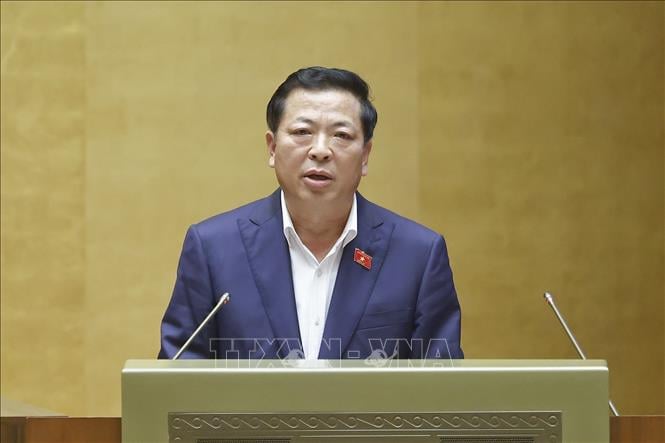
Minister of Construction Tran Hong Minh explains and clarifies a number of issues raised by National Assembly deputies. Photo: Doan Tan/VNA
However, according to the Minister of Construction, this is an area that most developed countries are continuing to research, with strict monitoring and management mechanisms and policies, linked to security and defense. Therefore, this draft Law only lays the foundation for the development of low-altitude aviation in the fields of economic and social life.
Regarding the implementation, the Minister said: The Government will base on the country's socio-economic development requirements and general regulations on the application of transportation, including low-altitude air transport activities in a way that is suitable to reality; through implementation, it will evaluate and summarize to ensure sustainable economic development, while at the same time, it must especially ensure aviation safety, national defense, security, order and social safety.
“Security and safety must be the top priority for low-altitude flying vehicles. This is a very important issue. Only when we can manage all of these vehicles - from take-off, what goods they carry, how they carry people... can we do it,” the Minister emphasized.
Also at the session, the National Assembly discussed the draft Law amending and supplementing a number of articles of the Law on Prices.
Source: https://baotintuc.vn/thoi-su/phat-trien-hang-khong-tam-thap-trong-doi-song-kinh-te-xa-hoi-20251112194402521.htm


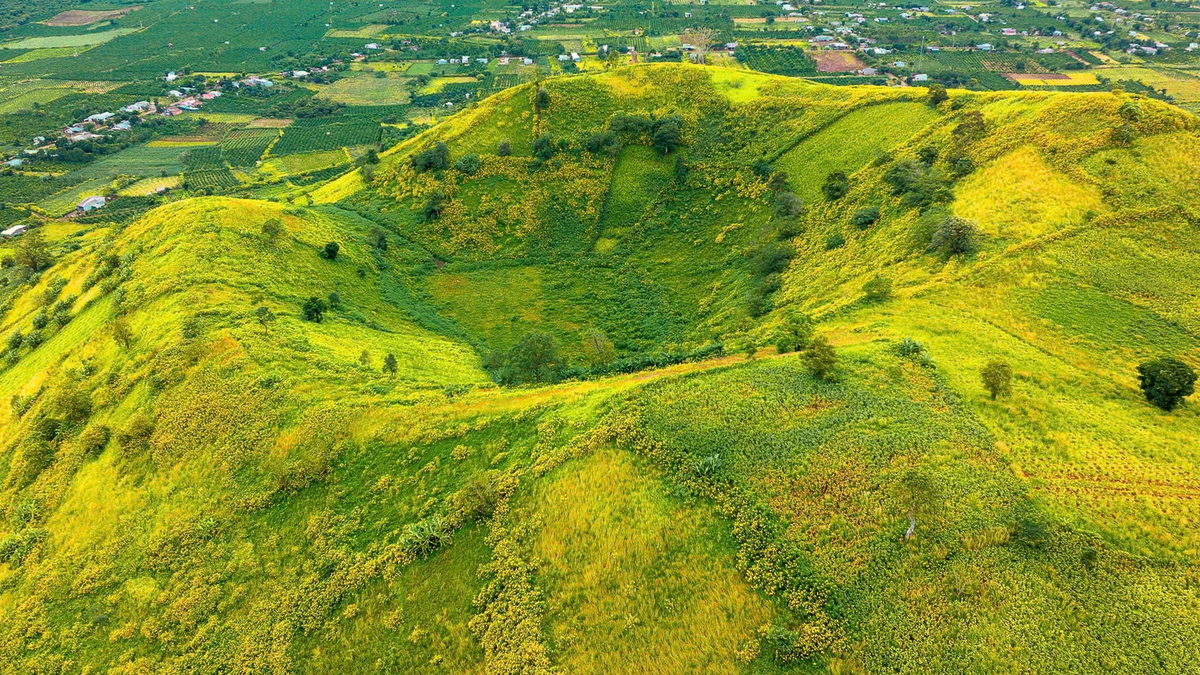

![[Photo] The "scars" of Da Nang's mountains and forests after storms and floods](https://vphoto.vietnam.vn/thumb/1200x675/vietnam/resource/IMAGE/2025/11/13/1762996564834_sl8-jpg.webp)



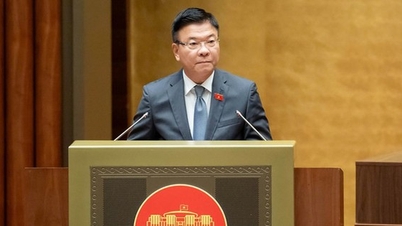



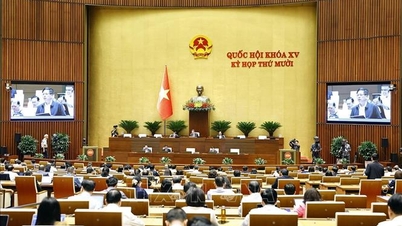
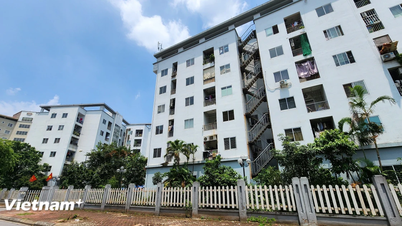

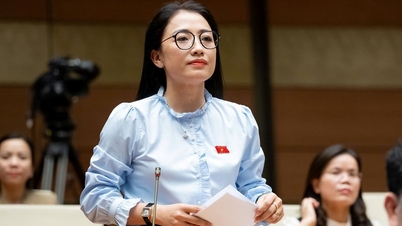

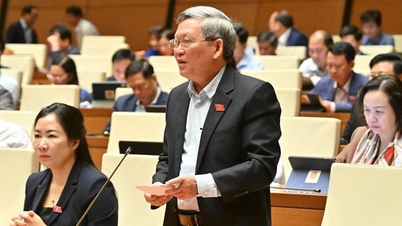



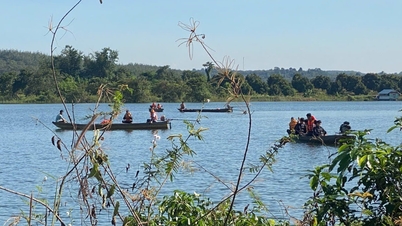
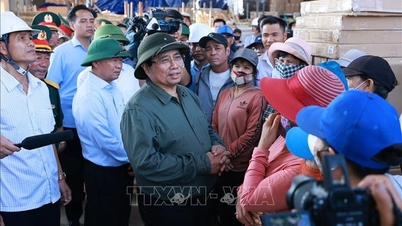


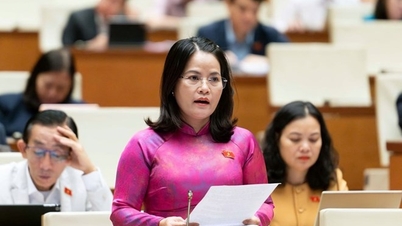

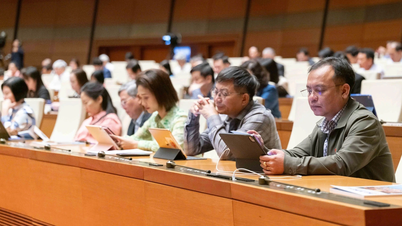






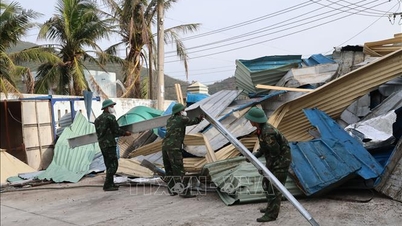
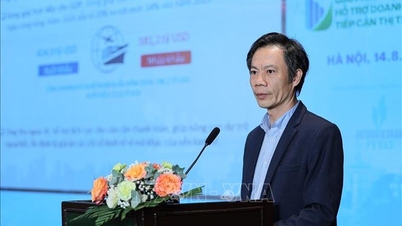
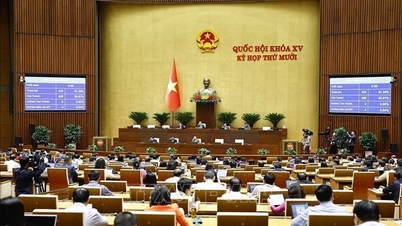
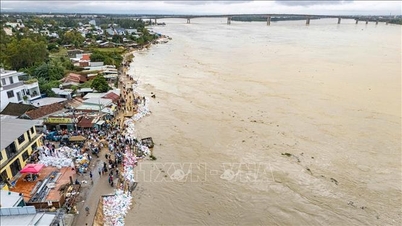
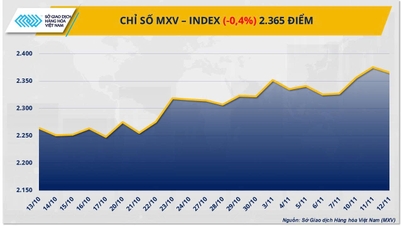
![[Photo] Prime Minister Pham Minh Chinh attends a conference to review one year of deploying forces to participate in protecting security and order at the grassroots level.](https://vphoto.vietnam.vn/thumb/1200x675/vietnam/resource/IMAGE/2025/11/12/1762957553775_dsc-2379-jpg.webp)







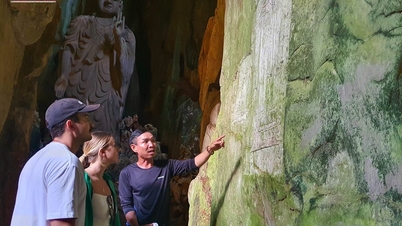


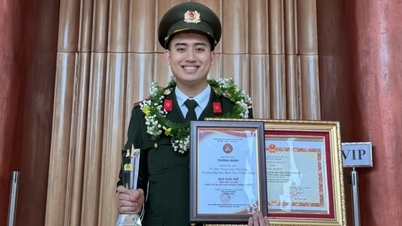


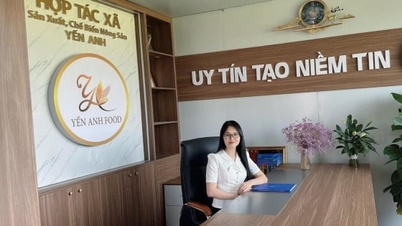

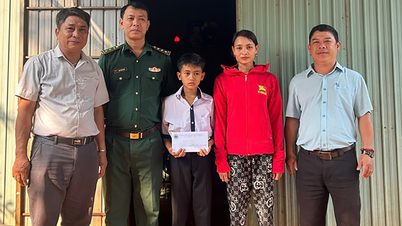






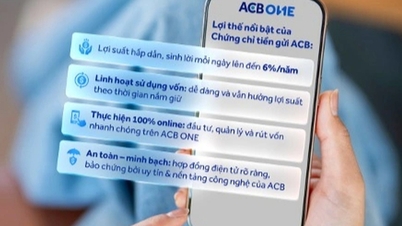














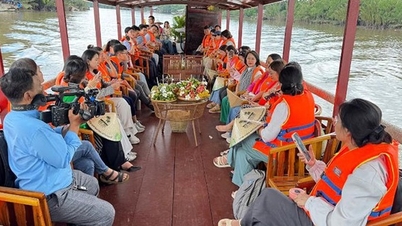



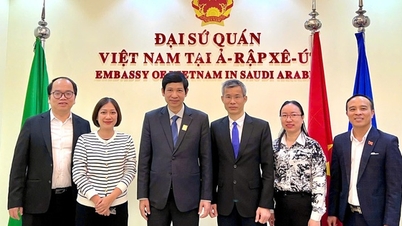
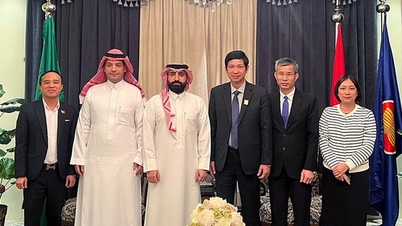
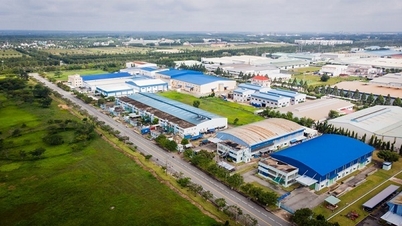
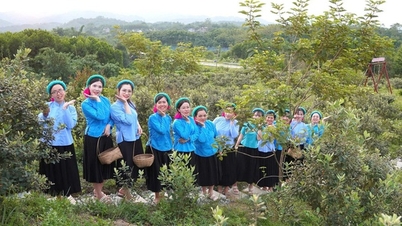
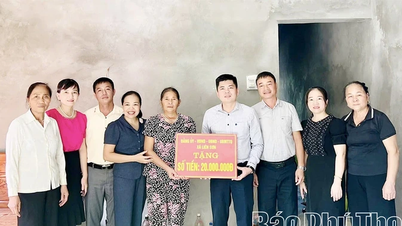

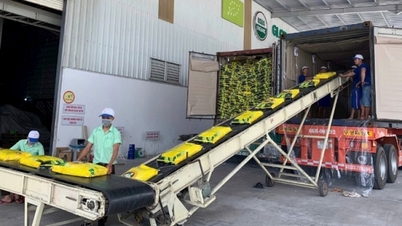

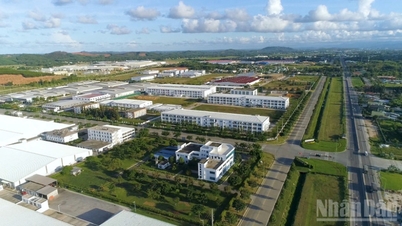

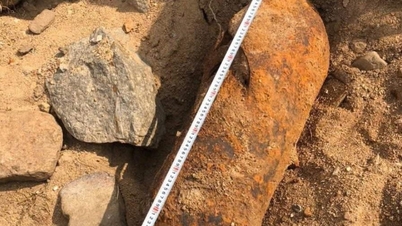


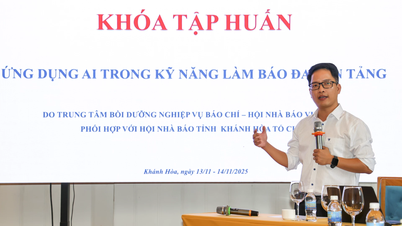





![Dong Nai OCOP transition: [Article 3] Linking tourism with OCOP product consumption](https://vphoto.vietnam.vn/thumb/402x226/vietnam/resource/IMAGE/2025/11/10/1762739199309_1324-2740-7_n-162543_981.jpeg)








Comment (0)